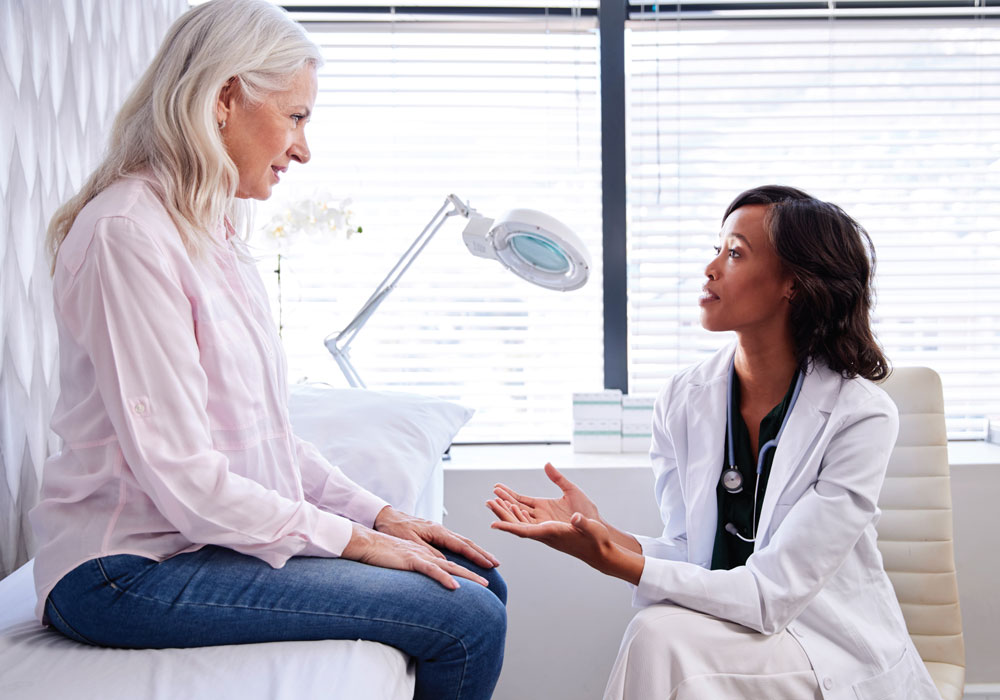Understanding the underlying mechanisms of cancerrelated symptoms enables oncology nurses to provide the best patient-centered care. Biosignatures are indicators of life, and in disease, they contribute to the determination of clinical profiles. Identifying specific biologic markers associated with similar patient characteristics and symptoms may help us create tailored interventions for improved symptom management.

My program of research began with a focus on understanding the associations between glycemic status, metabolism, and immune function in patients with cancer, including how those factors increase risks for adverse events, such as infections and nonrelapse mortality (NRM). My studies have investigated malglycemia, defined as perturbations in glycemic status (i.e., hypoglycemia, hyperglycemia, and increased glycemic variability), and increased risks for adverse events and poor outcomes among patients with hematologic malignancies who received allogenic and autologous hematopoietic cell transplants.
Findings from the first study demonstrated an increased risk for infections with both hyperglycemia and increased glycemia variability and that all three levels of malglycemia increased the risk for NRM. In subsequent studies, we found an increased risk for infection with elevated levels of blood glucose prior to infection diagnosis. Through collaboration with Christine Miaskowski, RN, PhD, FAAN, and her research team at the University of California, San Francisco, we investigated levels of glycosylated hemoglobin A1c and patient-reported symptom experiences.
Our current research continues that collaboration and aligns with ONS's precision health and biosignatures research priority. We are using symptom science to identify biosignatures associated with a variety of characteristics, including demographics, clinical presentation, and health determinants, that increase the risk for a high symptom burden. We are also collaborating with Gregory Abel, MD, MPH, at DFCI, and Leorey N. Saligan, PhD, RN, CRNP, FAAN, at the National Institute of Nursing Research and National Institutes of Health, for a pilot study to assess biomarkers and symptom experiences among patients newly diagnosed with acute myeloid leukemia and receiving induction therapy.
Biosignatures to define a cancer diagnosis are straightforward, but those associated with symptom experiences are harder to identify. Symptoms are subjective, and how each person perceives, reacts to, and self-manages symptoms is a uniquely individual experience. As nurse scientists, we envision being able to better identify patients who may be at risk for a higher symptom burden. Precision health and a strong emphasis on diverse and underserved populations will help us develop tailored, multifaceted interventions that can optimize symptom management while meeting individual needs.
Through this work, we stand on the shoulders of the numerous pioneers in oncology nursing science, particularly among those in symptom science who have conducted seminal work over the past several decades. Through the tremendous contributions to science by oncology nurse scientists, we carry the torch of their legacies forward to improve patient care and outcomes.






